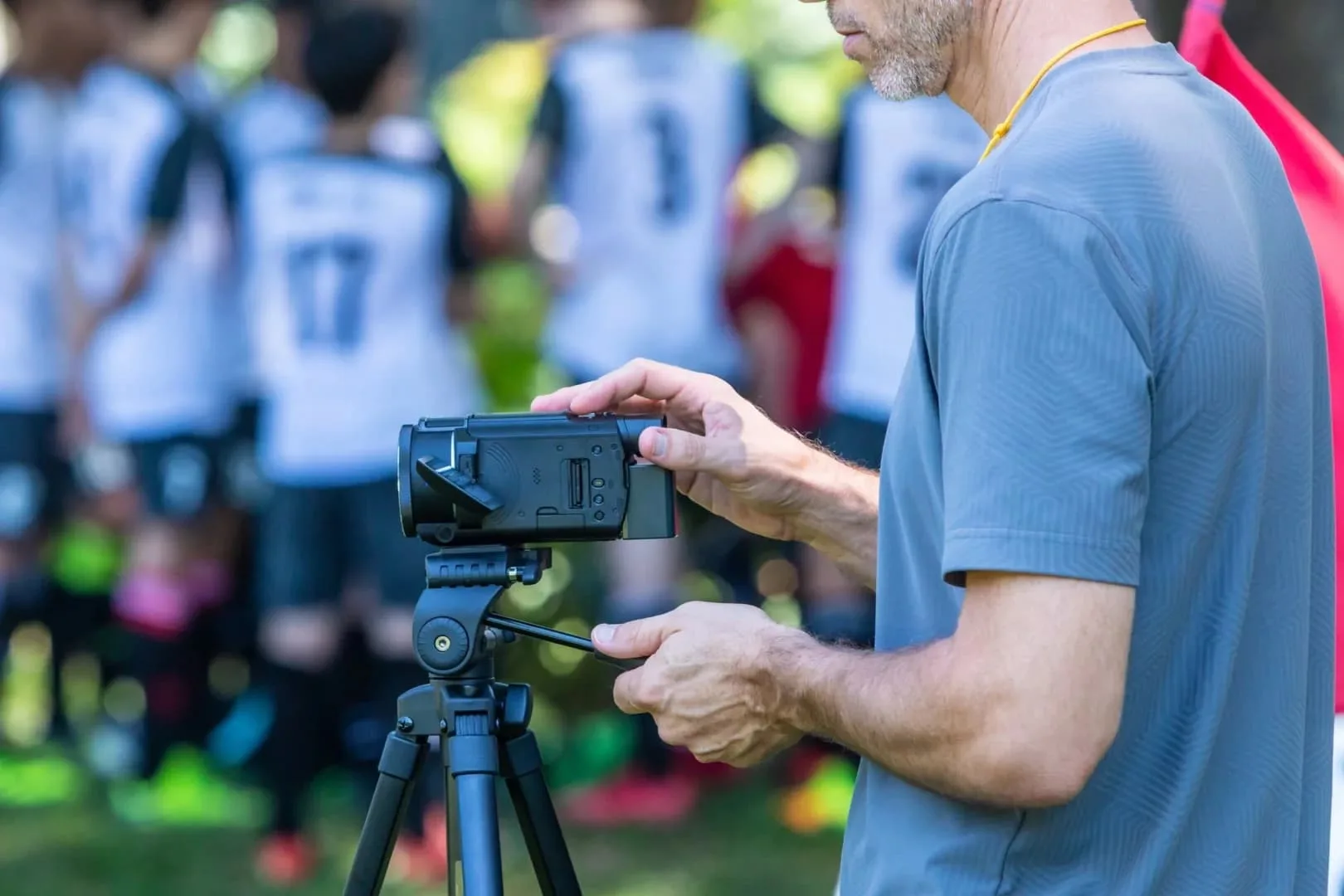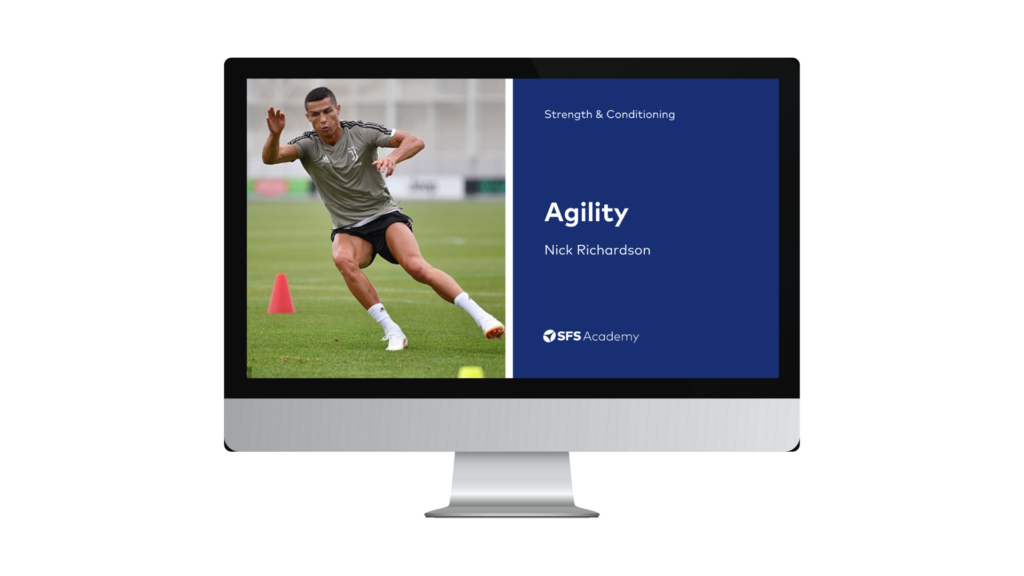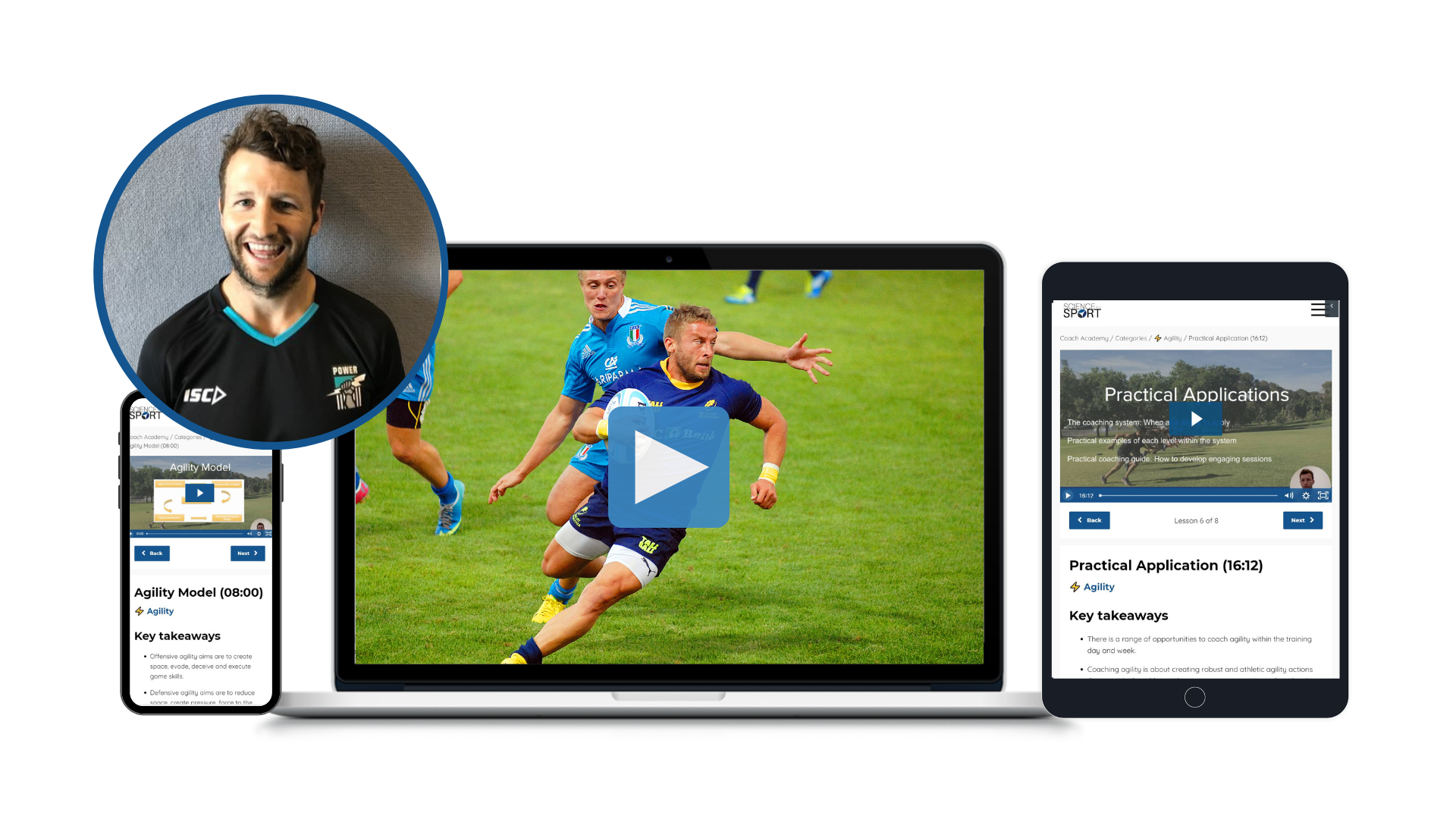How you can unlock high performance on a budget
High-performance teams are only for the elite level of sport, right? Wrong. You can actually build some great systems for peanuts, even at the lowest levels of sport.
High-performance teams: Only for elite sport?
Even amateur-level teams are looking to get the edge on their opponents – ideally, with the smallest possible price tag. The secret most clubs don’t know is that you can do this for peanuts, even at the lowest levels of sport.
In episode 100 of the Science for Sport Podcast, sport science legend Dave Tenney joined us to share his one-of-a-kind experience in team infrastructure innovations.
Tenney has worked with a range of professional organisations including the NBA’s Orlando Magic, and the MLS’ Seattle Sounders. He is currently Director of Performance at Austin FC.
Uniquely, Austin FC has just been formed, and Tenney played a pivotal role in the development of its sports performance department. If you want to hear the full story on that, you’ll need to check out the full episode.
During the podcast, Tenney let us in on key performance aspects that any team can improve by adjusting their systems and processes, regardless of whether they have a $40 million training facility like him, or if they train on a cow field the local farmer has lent them.
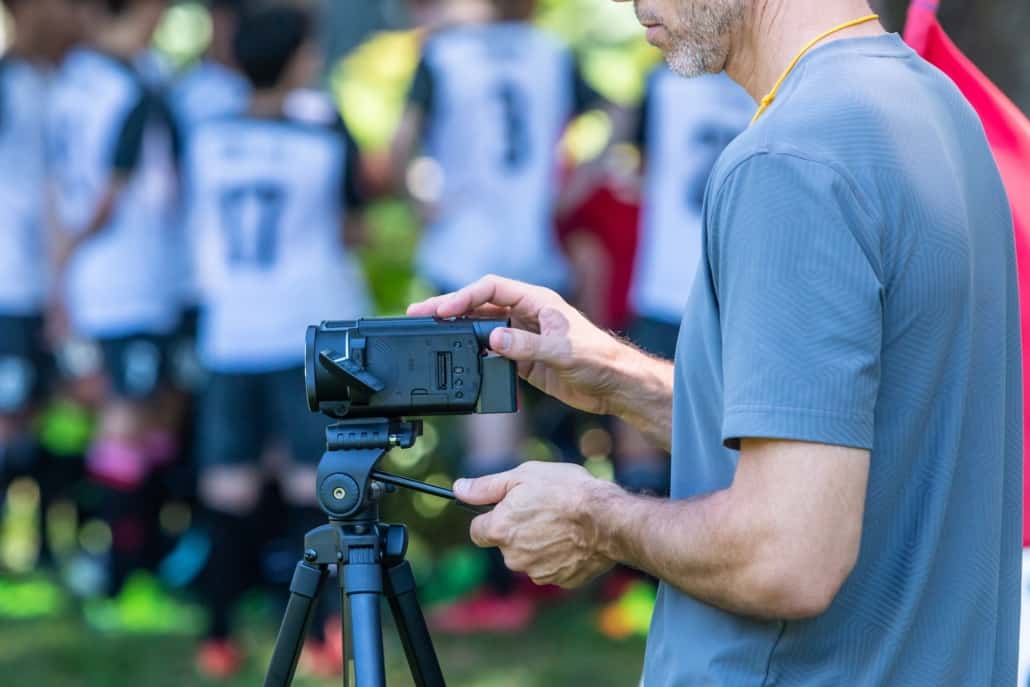
The importance of strength & conditioning
His first recommendation is the prioritisation of strength training. This appears to still be a debate even at top clubs, but one thing is for sure: at the lowest levels, the local Lionel Messi can make more impact with some additional strength.
“A lot of organisations have infrastructure issues because they’re not prioritising space for something like strength training,” Tenney said.
For professional teams with the cash to splurge on a nice gym, this is an easy solution, but for those that don’t have the backing of the latest Sheikh, there might be a simple solution.
Performing some on-pitch strength and conditioning work could be a simple way to make easy performance gains. This might take the form of some additional sprint work after the warm-up, or bodyweight exercises after the technical session. You could do this by using free resources on the web (cough, Science for Sport, cough).
For teams on a budget that want to take their performance up a notch, a trainer might be available in the local area to write a strength and power program for the whole team, and/or assist in some on-pitch work. The monthly cost could be as little as one post-match beer per person when split over a team.
On an even tighter budget, the local university might be able to offer students who can help for a fraction of the price of an experienced coach.
Invest in recovery
This appears to be an under-addressed area of performance, even at top teams.
“Most people above us [in the organisation] focus on the work being performed, and I think oftentimes they’re not really focusing on the recovery side,” Tenney said.
Recovery is essential if you want to perform at your best, we all know this and have heard it thousands of times. For elite teams, this might mean throwing cash at ice baths, compression boots, or napping rooms.
“Recovery is probably the area where I see the most innovation happening by practitioners,” Tenney said.
Obviously sleeping (get your eight hours) and eating like a grown-up are essential parts of the recovery process. This is true for any athlete at any level. But when you’re on a budget and can’t afford a chef, what are the possibilities?
Well in my experience of amateur sport, most post-match meals are deep-fried rubbish, which makes it hard to believe that clubs are taking the health, recovery, or performance of their players seriously. A simple adjustment here would be to make a home-cooked meal packed with carbs, protein, and some veggies. Everyone can make spaghetti bolognese, which begs the question: why aren’t Sunday league teams giving their players a good recovery meal?
Another option could be the addition of a cool down after the game – most amateur teams skip this entirely, despite it being a great option to relax the players and maybe even improve performance aspects like mobility.
As most trends trickle down to amateur sport, it seems like the renewed focus on recovery at the highest level might find its way to your local club sooner rather than later.
“A lot of the innovation I see is how teams are using infrastructure to create recovery spaces,” Tenney said.
Just don’t expect the latest state-of-the-art facilities like Dave has at his disposal.
Some more tricks of the trade
If you want to hear more budget-busting tips and how Dave developed a high-performance department from scratch, hit the link below to listen to episode 100 of the Science for Sport Podcast.
You can download the podcast on any of the big hosting services, including Apple Podcasts and Spotify, or just use this link: https://scienceforsport.fireside.fm/100
Don’t forget to hit the subscribe button and be sure to give us a review and rating too!
